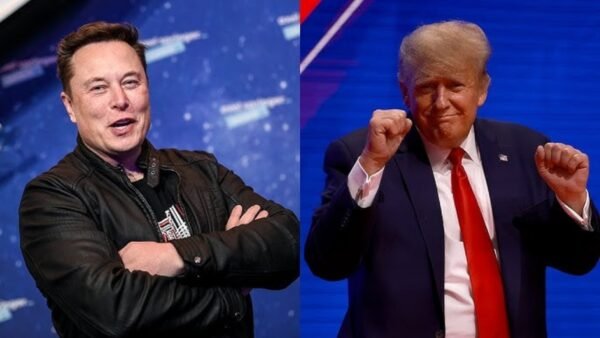Elon Musk Exits Donald Trump’s Administration

Elon Musk has officially ended his tenure as a top adviser and special government employee in the Trump administration, marking the conclusion of a high-profile and often controversial role focused on federal government reform. Musk’s scheduled 130-day appointment, which began with the creation of the Department of Government Efficiency (DOGE), concluded at the end of May 2025.
Scheduled Term Limit: Musk’s role as a special government employee was always set to be temporary, capped at 130 days per year, which he reached in late May.
Public Criticism of Trump’s Legislation: Musk’s departure closely followed his public criticism of President Trump’s signature legislative proposal—a sweeping tax and immigration bill dubbed the “big beautiful bill.” Musk described it as a “massive spending bill,” expressing skepticism that a bill could be “big or beautiful, but not both,” and arguing it would increase the budget deficit rather than reduce it.
Frustration with Bureaucratic Obstacles: Musk voiced frustration over the challenges he faced in attempting to overhaul the federal bureaucracy, including internal opposition and disappointment with certain government contracts awarded to competitors.
DOGE’s Mission: Under Musk’s leadership, DOGE undertook aggressive efforts to streamline government operations, reportedly eliminating nearly 12% of the federal civilian workforce—about 260,000 jobs—through layoffs, buyouts, and early retirements. Musk claimed DOGE saved more than $160 billion, though these figures have been disputed as exaggerated or misleading.
Ongoing Influence: Musk stated that the DOGE mission “will only strengthen over time as it becomes a way of life throughout the government,” signaling his belief that the agency’s cost-cutting ethos would persist beyond his tenure.
Political Fallout: Musk’s involvement in the administration drew protests from some Tesla investors and increased his profile as a political donor. He has since indicated regret over the reputational impact on himself and his companies, stating he spent “too much time on politics” and would now refocus on his business interests.
White House and Congressional Response: The White House confirmed Musk’s exit, with officials noting that DOGE will continue its work. Some Republican lawmakers, such as Senator Ron Johnson, echoed Musk’s fiscal concerns, suggesting growing internal dissent over Trump’s legislative priorities.
Trump’s Response: President Trump defended his legislative agenda, acknowledging it was a product of complex negotiations but did not directly address Musk’s criticisms.
DOGE Without Musk: The Department of Government Efficiency will continue, but its future influence remains uncertain without Musk’s leadership. Musk himself downplayed his personal indispensability, likening DOGE’s mission to a “way of life” that transcends individual leaders.
Musk’s Focus: Musk is expected to dedicate more attention to his business ventures, particularly Tesla and SpaceX, after a period of financial and reputational turbulence linked to his political engagement.
“As my scheduled time as a Special Government Employee comes to an end, I would like to thank President @realDonaldTrump for the opportunity to reduce wasteful spending. The @DOGE mission will only strengthen over time as it becomes a way of life throughout the government.”
— Elon Musk, via X
Musk’s departure adds another twist to the ongoing debates over fiscal policy and government reform within the Trump administration, highlighting both the potential and the pitfalls of high-profile private sector leaders in government roles.
